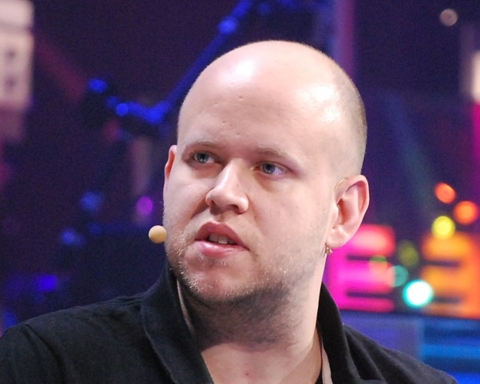By Lian Bunny
News Assignment Editor
Journalism and mass communication professor Chris Mackowski challenges those who define Gettysburg as the turning point of the Civil War in his most recent co-authored book, “That Furious Struggle: Chancellorsville and the High Tide of the Confederacy, May 1-4, 1863.”
The battle at Chancellorsville was a decisive victory for Confederate commander Robert E. Lee, as his army was outnumbered almost two-and-a-half to one. However, in the battle Lee lost 22 percent of his men, which means nearly 13,000 were killed, wounded and missing. May 3, the third day of battle, was the second-bloodiest day in the Civil War. For nearly five hours, the casualty rate was about one man every second.
Gettysburg has been developed as the turning point in the Civil War to hook tourists, according to Mackowski.
“The reason is that there is so much economic leverage invested in [Gettysburg], is because it’s close to all the population centers-Philadelphia, New York, Baltimore, Washington,” Mackowski said. “All these people want to see where the big northern victory was. There’s a lot at stake financially to perpetuate that turning point. In Chancellorsville, there’s that big win and then it’s all down hill from there.”
Although the war continued for two more years, Lee’s army did not win another offensive battlefield victory for the duration of the Civil War.
Other scholars attribute the Confederacy’s decline to the loss of Lieutenant General Thomas Jonathan “Stonewall” Jackson. However, again Mackowski disagreed.
“The Confederates started running out of men. At Chancellorsville, they started losing a lot of officers, so the experience to lead men, as a resource, dwindles,” Mackowski said. “You literally start running out of men. It starts to bleed itself out.”
The St. Bonaventure journalism professor co-authored the book with his longtime collaborator, historian Kristopher D. White. “That Furious Struggle: Chancellorsville and the High Tide of the Confederacy, May 1-4, 1863” is the eighth book in the Emerging Civil War book series and the fourth collaborative work by Mackowski and White.
The book series began as a blog in 2011, which included the collective cooperation of a dozen historians. Cofounded by Mackowski and White, the blog took on the name Emerging Civil War (www.emergingcivilwar.com). In 2012, the pair joined with publisher Theodore Savas to create the Emerging Civil War book series.
According to Mackowski, writing the book about Chacellorsville took approximately two weeks, because he and White knew its story so well. Both have worked at the Chancellorsville battlefield as park rangers and tour guides. Mackowski has been giving tours for 10 years and lives on the part of the battlefield not protected by the Park Service. The battlefield is part of Fredericksburg and Spotsylvania National Military Park.
After writing his fourth collaborative history book, Mackowski is motivated to make history less boring and more relatable. He believes history is more than memorized dates, names and places.
“History is full of people doing interesting stuff, sometimes against tremendous odds, against their own interests, in great danger,” said Mackowski. “Someone once said, ‘History doesn’t repeat itself, but it rhymes.’ If we don’t go back and write these stories and how these men learned, we are doomed to make those same mistakes. We need to learn from our mistakes.”
Mackowski also compared journalists to historians. They both assemble information, offer a narrative that provides context to that information and get quotes from sources, he said. According to Mackowski, whether it happened 150 years ago or yesterday makes no difference.
Speaking specifically to aspiring authors, Mackowski said, “Find a story [you’re] in love with. That’s why I keep going back to the Civil War. It is America’s great story. I could tell its story a hundred times a day. It’s just a joy.”





